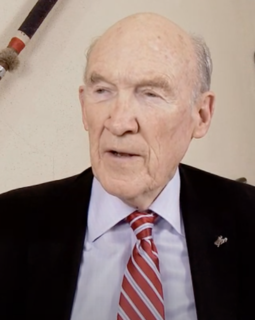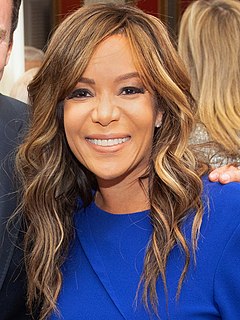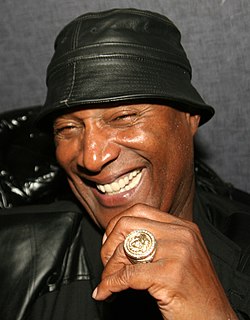A Quote by Adam Cohen
A Reagan appointee, Justice Kennedy is no liberal, as he has shown on issues from affirmative action to corporate campaign spending. But he has repeatedly sided with gay litigants before the court.
Related Quotes
Our Supreme Court has lifted the practice of buying legislation to the level of a constitutional principle by repeatedly protecting corporate spending for and against political candidates, as well as promises and threats of such spending to bribe and blackmail such candidates, by appeal to the free-speech clause of the First Amendment.
The Sanders campaign, however, broke dramatically with over a century of U.S. political history. Extensive political science research, notably the work of Thomas Ferguson, has shown convincingly that elections are pretty much bought. For example, campaign spending alone is a remarkably good predictor of electoral success, and support of corporate power and private wealth is a virtual prerequisite even for participation in the political arena.
The problem is that affirmative action could never really get at the issue of corporate power in the workplace, and so you ended up with the downsizing; you ended up with de-industrializing. You ended up with the marginalizing of working people and working poor people even while affirmative action was taking place, and a new black middle class was expanding.
When Ruth Bader Ginsburg came in front of the Senate and was approved 96-3 to be on the Supreme Court to replace conservative justice Byron White. This is in 1993.Now, Justice Ginsburg, it was noted earlier, was a general counsel for the ACLU, certainly a liberal group. It was abundantly clear during the confirmation hearing that Ginsburg would swing the balance of the court to the left.But because President [Bill] Clinton won the election and because Justice Ginsburg clearly had the intellectual ability and integrity to serve on the court, she was confirmed.
The President must be true to his word. He must keep his faith with the folks who elected him twice. In other words, he must replace Sandra Day O'Connor with a strict constructionist. The president has a God-given opportunity to change the balance on the Supreme Court. On issue after issue—abortion, sodomy, public display of the Ten Commandments—O'Connor has sided with the court's liberal bloc. Time and again, Justice O'Connor and her colleagues have used the Constitution as an excuse to force weird social experiments on the nation.

































